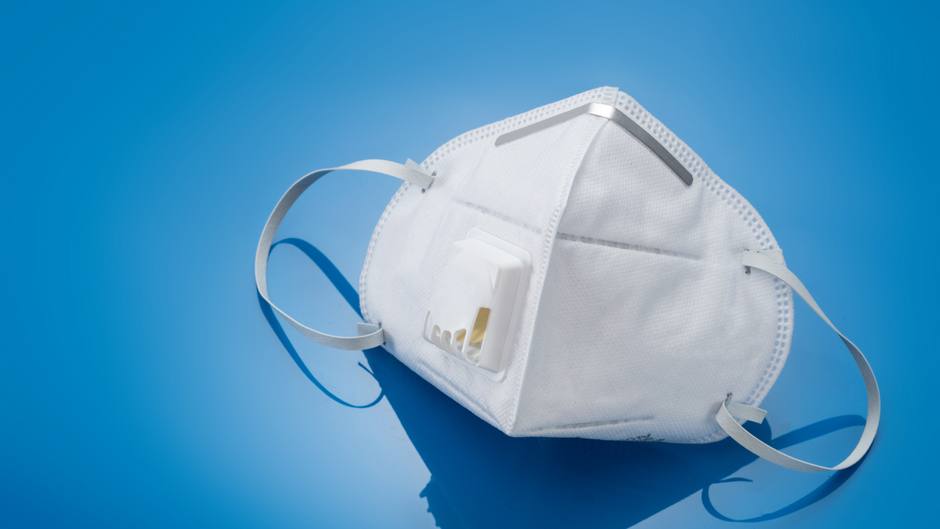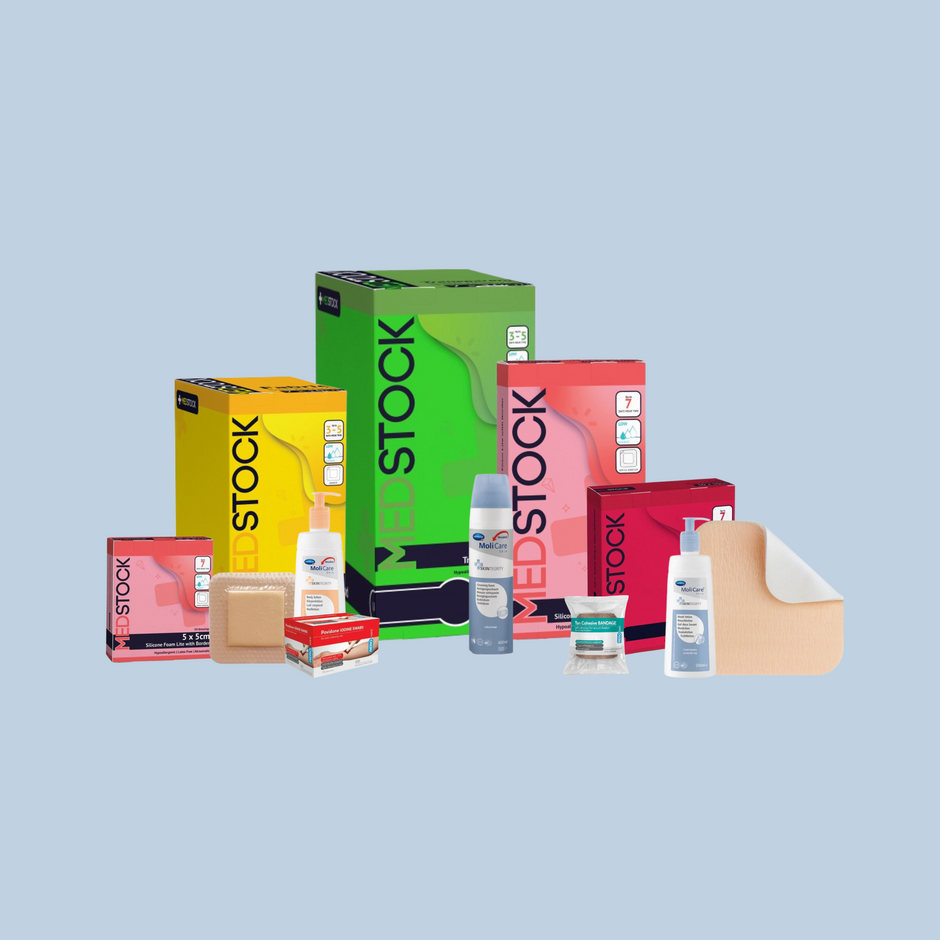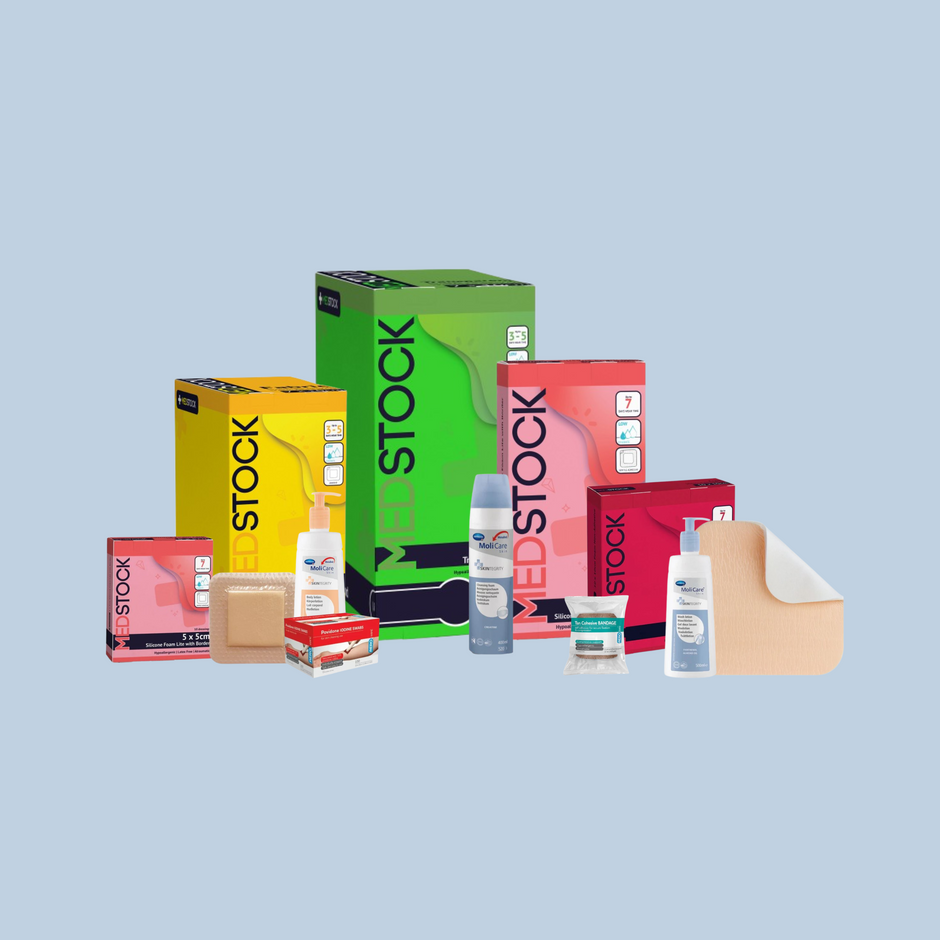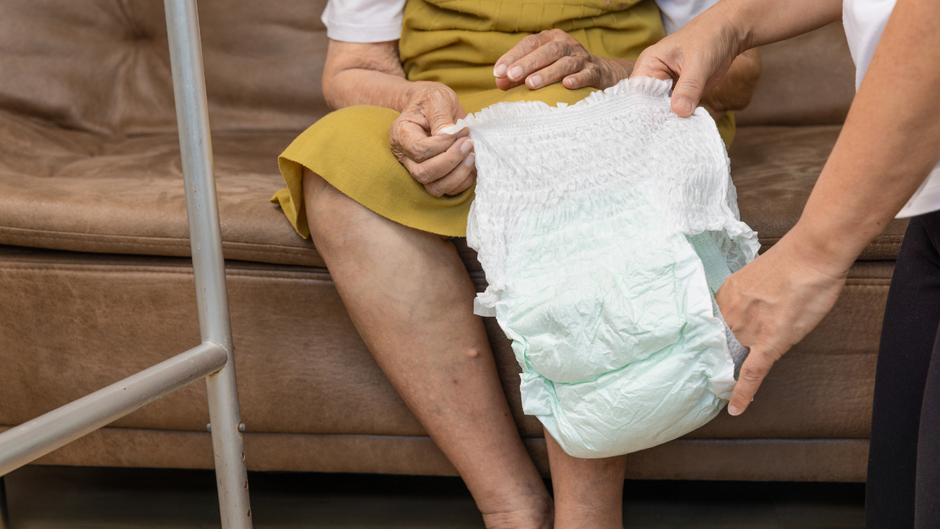Mobility aids for injury recovery play an important role in helping individuals regain independence and speed up the healing process after injuries or surgeries. Whether recovering from orthopaedic surgery, managing chronic conditions, or rehabilitating after an accident, the right mobility solution can have a huge impact on your physical recovery and overall mental health.
At AusMed Health, we understand that every recovery journey is different. That’s why we focus on delivering customised mobility solutions that promote safe and effective rehabilitation, all while respecting your dignity and independence.
Understanding the Recovery Process
Injury recovery involves several stages, each with its own challenges and opportunities for intervention. In the early acute phase, patients often face intense pain and restricted movement, which can be incredibly frustrating and make them feel powerless. As they progress in their recovery, using the right mobility aids is key to preventing complications and ensuring the best recovery results.
Studies show that early mobilisation can help prevent muscle atrophy, joint stiffness, and secondary complications that can slow down recovery. Patients who engage in controlled movement during their recovery tend to heal faster, enjoy better circulation, and achieve superior overall outcomes compared to those who remain immobilised.
Important Types of Mobility Aids for Recovery
Walkers for Rehabilitation
Walkers are one of the most adaptable options, delivering stability and support for those struggling with mobility after surgery. Today's walker designs come with features like adjustable heights, built-in seats, and smooth-rolling wheels to meet diverse recovery needs.
Seat walkers are a great solution for recovery patients who need to take frequent walk breaks. They offer the solid support of regular walkers with the comfort of a portable seat, helping users to stay active without overdoing it and feeling worn out.
Wheelchairs for Injuries
For those with serious mobility limitations or recovering from major surgeries, wheelchairs for injuries offer crucial mobility support as tissues heal. Today's wheelchairs are all about comfort, ease of movement, and user independence, with choices that include everything from lightweight manual versions to advanced powered options.
The right wheelchair features depend on a few important factors: the type of injury, the expected recovery time, and the individual needs of the patient. Considerations like weight capacity, seat width, and portability all play a big role in finding the best choice for recovery.
Patient Transfer Solutions
Safe patient transfers are incredibly important during recovery, as they help prevent additional injuries and maintain the quality of care. By using patient lifters and transfer aids, we can lessen the strain on both patients and carers, ensuring that movement between surfaces is both safe and secure.
These specialised mobility solutions are incredibly helpful in home care situations, especially when family members are stepping in to help without any formal training. Proper transfer equipment not only protects recovering individuals from falls and further injuries but also helps them maintain their dignity during the recovery journey.
The Real Benefits of Mobility Aids in Recovery
Physical Health Advantages
Mobility aids are great for offering immediate physical support by lessening the strain on injured areas and allowing for controlled movement. This controlled activity helps boost blood flow, prevent muscle loss, and keep joints flexible, all without putting any extra pressure on healing tissues.
Research shows that patients who use the right mobility aids experience shorter hospital stays and face fewer complications. By preventing secondary issues like blood clots, pressure sores, and muscle weakness, their overall recovery can really improve.
Psychological and Social Benefits
Not only do mobility aids provide physical support, but they also play a huge role in mental health during recovery. Being able to keep some independence can really help lessen the anxiety and depression that often come with recovering from an injury.
Mobility aids help patients participate in social activities and stay close to family and friends, which is important for avoiding the isolation that can hinder recovery. This connection is key for keeping motivation high and sticking to rehabilitation protocols.
Accelerated Independence
Early introduction of appropriate mobility aids helps patients regain confidence in their movement abilities. This confidence building is crucial for long-term recovery success and prevents the development of compensatory movement patterns that can lead to additional problems.
Progressive mobility aid use allows for gradual increases in activity levels as healing progresses, supporting a smooth transition back to normal function.
Choosing the Right Mobility Aid
Assessment Considerations
Finding the right mobility aids involves a careful assessment of the injury type, recovery stage, and the specific needs of the patient. Typically, healthcare professionals evaluate balance, strength, cognitive function, and daily mobility requirements to recommend the best mobility options.
Environmental factors such as home layout, accessibility needs, and available carer support play a part in this decision. Plus, getting the right fit and adjustments is key to ensuring you get the most out of your mobility aid while staying safe during your recovery.
Professional Guidance
Working with qualified healthcare providers ensures that mobility aid selection aligns with specific recovery goals and medical requirements. Regular reassessment allows for adjustments as recovery progresses and mobility improves.
When you collaborate with qualified healthcare providers, you can be confident that the mobility aids you choose will meet your unique recovery goals and medical needs. Regular reassessments are important too, as they allow for adjustments to be made as you progress in your recovery and your mobility improves.
Supporting Your Recovery Journey
AusMed Health is focused on delivering Australian-manufactured mobility solutions designed to support you in every stage of your injury recovery. Our broad selection includes everything from basic walking aids to advanced patient transfer systems, all intended to promote your independence and help you heal faster.
As a certified NDIS provider, we know how important it is to offer accessible, high-quality mobility solutions that truly make a difference in the lives of people with disabilities and mobility challenges. Our customer-focused approach means that every product meets the highest safety and effectiveness standards.
Excited to explore mobility solutions for your recovery? Contact our experienced team at AusMed Health today! We’d love to discuss your specific needs and help you discover the right mobility aids to support your path to independence and healing.








